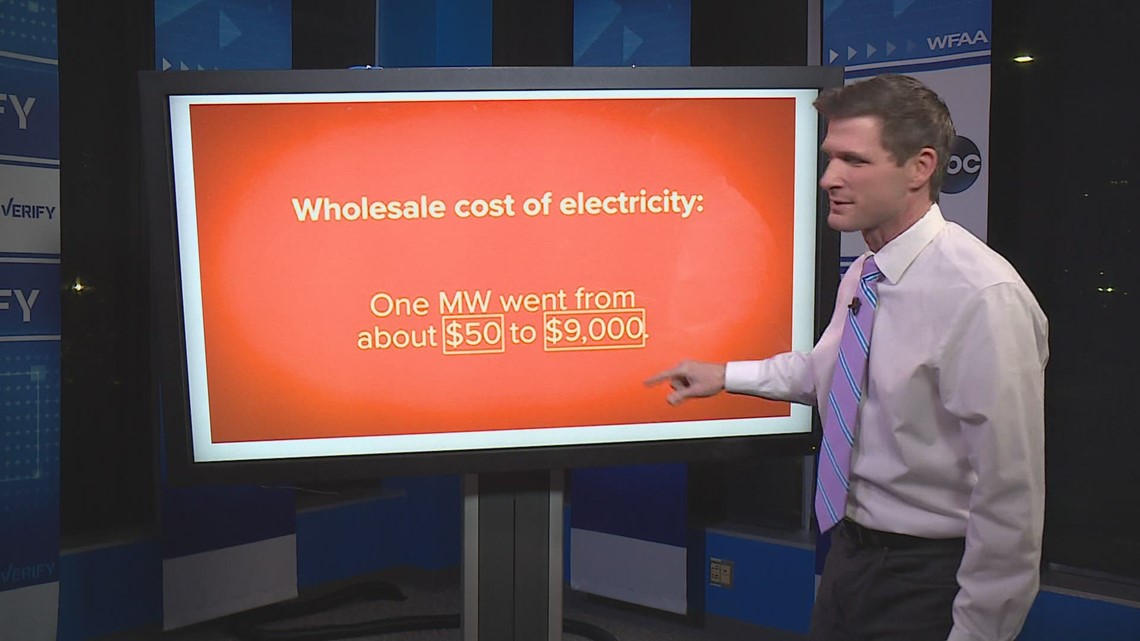The failure of the power grid in Texas is the result of a long-term failure of imagination, and the inability to understand how markets work -
and don't. ERCOT, the "Electric Reliability Council of Texas" (oh, the irony, it burns!), "manages" the electric grid for 90% of Texans (75% of its land area) and operates free of federal oversight. As
their own website puts it "Founded in 1970, ERCOT is an independent, not-for-profit organization responsible for overseeing the reliable and safe transmission of electricity over the power grid serving most of Texas. As the Independent System Operator (ISO) since 1996, ERCOT has been the broker between competitive wholesale power buyers and sellers. The ERCOT ISO also provided the platform upon which Texas' electric utility industry made the transition to retail competition on Jan. 1, 2002." (Given their own press, they failed.)
And therein lies the problem:
ERCOT sees itself not as a producer, but as a broker. "This isn't the state's first rodeo with widespread blackouts amid unseasonable cold, however. The Texas power grid is designed to independently manage hot summers, not really cold winters. But "what has sent Texas reeling is not an engineering problem,"
Will Englund reports at The Washington Post. "It is a financial structure for power generation that offers no incentives to power plant operators to prepare for winter. In the name of deregulation and free markets, critics say, Texas has created an electric grid that puts an emphasis on cheap prices over reliable service."
The architect of Texas' electricity market says it's working as planned. Critics compare it to late Soviet Russia. (The Week)
That dichotomy of views encapsulates what is wrong in Texas, and why The parts of Texas not on its ERCOT power grid appear to have weathered the freeze with few outages (The Week). "Weatherizing power generation and extraction equipment is voluntary in Texas". Because of that, producers have "deferred" maintenance/upgrades in favor of more profitability, and the State has encouraged such behavior.
What's worse, they have refused to see the problem. "William Hogan, the Harvard global energy policy professor who designed the system Texas adopted seven years ago, disagreed, arguing that the state's energy market has functioned as designed. Higher electricity demand leads to higher prices, forcing consumers to cut back on energy use while encouraging power plants to increase their output of electricity. "It's not convenient," Hogan told the Times. "It's not nice. It's necessary."
Texas consumers disagree.



